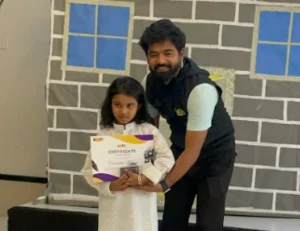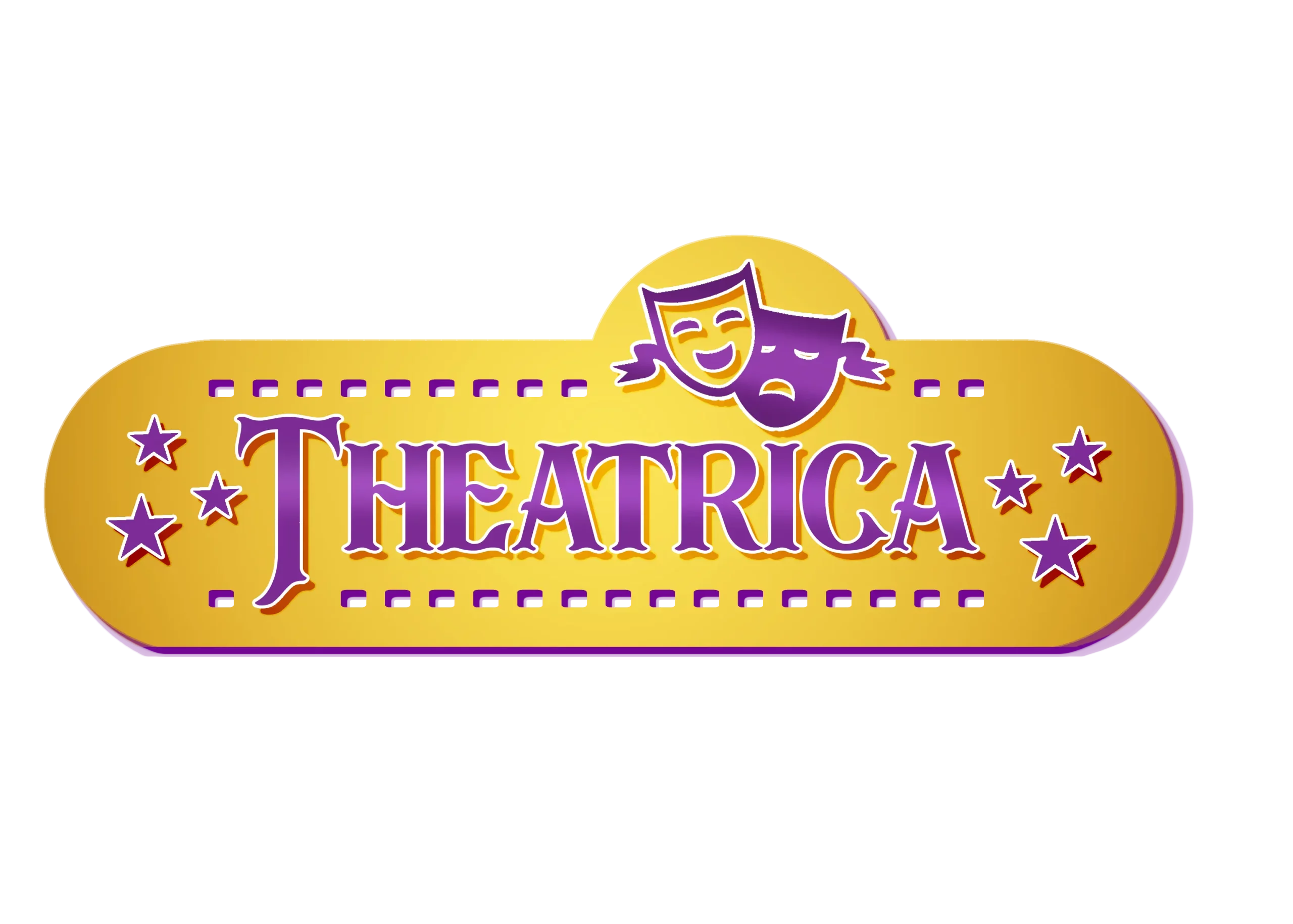Fun Theatre Games for Creative Learning: Kids Activities Ideas
Table of Contents
Introduction
Theatre games are not just playful exercises; they are powerful tools for fostering creativity, building confidence, and developing communication skills in children and adults alike. At Theatrica, we believe in the transformative power of theatre games to inspire imagination and promote collaborative learning experiences. Whether you’re a teacher looking to spice up your lesson plans or a parent seeking interactive activities for home, join us as we explore a variety of theatre games and activities designed to ignite creativity and spark joy in participants of all ages.
1. Introduction to Theatre Games
Theatre games serve as icebreakers that promote teamwork and spontaneity while encouraging participants to think on their feet. Games like “Zip Zap Zop” enhance focus and listening skills as participants pass an imaginary energy ball around a circle, while “Yes, And…” fosters creativity and collaboration by building upon each other’s ideas in improvised scenes.
2. Improvisation Exercises
Improvisation is a cornerstone of theatre education that encourages quick thinking and adaptability. Games such as “Props” challenge participants to create spontaneous scenes using everyday objects, while “Genre Replay” invites players to reimagine familiar stories in different theatrical genres, promoting genre awareness and creative reinterpretation.
3. Character Development Activities
Character development activities allow participants to explore empathy and perspective-taking through role-playing exercises. “Character Hot Seat” encourages in-depth exploration of character motivations and backstory, while “Mirror Image” promotes physical expression and non-verbal communication skills through mirroring exercises.
4. Storytelling and Narrative Building
Theatre games can be used to enhance storytelling skills and narrative structure. “Story Starters” prompts participants to collaboratively create stories by adding sentences or scenes, while “Story Circle” encourages sequential storytelling where each participant contributes to a collective narrative, fostering narrative coherence and imaginative storytelling abilities.
5. Movement and Body Awareness
Games focusing on movement and physicality enhance body awareness and spatial coordination. “Statues” challenges participants to freeze in expressive poses, exploring body language and emotional expression, while “Group Sculpture” promotes teamwork and spatial awareness as participants create dynamic tableaux using their bodies.
6. Educational Integration and Adaptation
Theatre games can be adapted to complement various educational subjects and themes. In school activities ideas for primary school, teachers can use games like “Historical Tableau” to bring history lessons to life through dramatic reenactments, while “Science Charades” incorporates scientific concepts into theatrical gestures and improvisations, making learning fun and interactive.
7. Benefits of Theatre Games
Theatre games offer numerous benefits beyond creative expression, including improved communication skills, enhanced self-confidence, and strengthened social connections. By engaging in theatre activities near me, participants develop empathy, resilience, and critical thinking abilities essential for personal and academic success.
Conclusion
Incorporating theatre games and activities into classrooms and homes fosters a love for storytelling, creativity, and collaborative learning. At Theatrica, we celebrate the transformative impact of theatre games in nurturing well-rounded individuals and cultivating a lifelong appreciation for the performing arts. Whether you’re exploring kids classes near me or organizing after school activities for kids, theatre games provide valuable opportunities for personal growth, creative exploration, and joyful expression.
Recent Blogs

Summer Camp pune 2024, Theatrica’s Theatre Camp at GK Gurukul School
Theatrica is proud to have organized an summer camp in pune , offering a opportunity for children to dive into the world of theatre

Discover the Benefits of Theatre Programs for Kids in Pune
Theatre programs have been recognized as a powerful tool for personal development, offering benefits that extend beyond the stage.

The Power of Theatre Education and Fun Activities in Pune for kids
Theatre education can build confidence in kids, and provide practical school activities ideas for nursery kids activities, and more.

